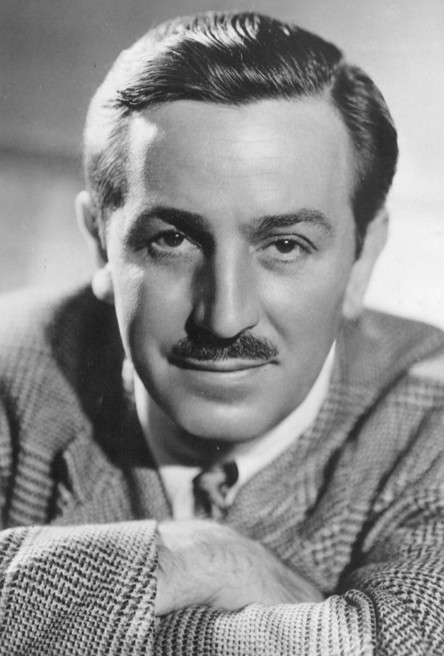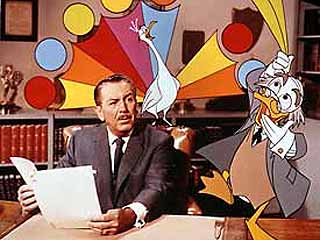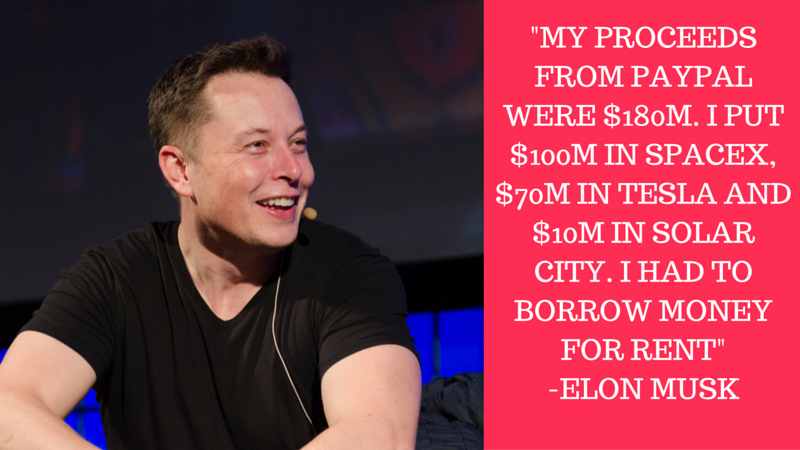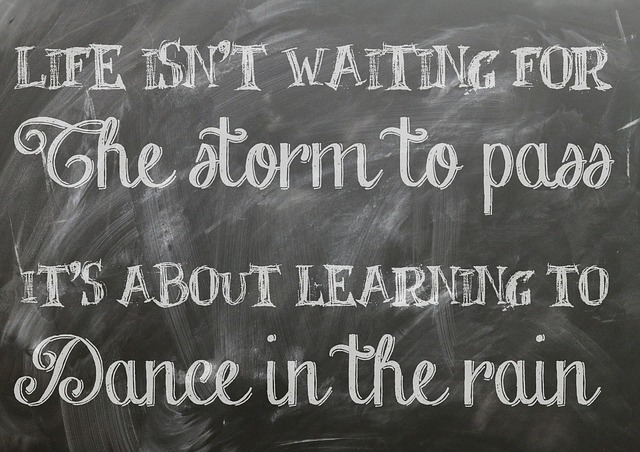If you read about start-ups and their success rate, you’ll find that the failure rate is higher than 90%. Some research suggests how these rates are even higher than 95%.
For this very reason, it’s really important to have strong willpower to endure even the biggest obstacles in your journey.
Below we list out the best motivational books and essays available for you online.
1. The 4-Hour Workweek by Tim Ferris
While this book might even be considered outdated in our fast-paced online world, the principles shared in it will never go away.
The most important thing you’re going to learn is how to manage your schedule and how to delegate your tasks.
2. Think and Grow Rich by Napoleon Hill
Even though this book was published back in 1937, its core values and principles will never go away. This book is focused on the power of your mind and explores how you can better use your desires, ideas, and plans.
When you steer all these factors into a focused direction and add a massive amount of action to it, your success will be inevitable.
3. Rework by David Heinemeier Hansson and Jason Fried
This is another modern age book that shares a similar type of content and ideas as The 4-Hour Workweek.
The new-age work culture is not only focused on money, but on life quality and time management.
4. Be Obsessed Or Be Average by Grant Cardone
You might question the authenticity or even the legitimacy of many things and claims shared by Grant Cardone. One thing is for sure – he will get you fired up, especially if you’re reading his content for the first time.
5. Crushing It!: How Great Entrepreneurs Build Their Business and Influence – and How You Can, Too by Gary Vaynerchuk
Gary is another author and businessman who is highly focused on taking massive action in order to reach success.
He’s also highly active on social media, and if you’re in the same boat, you might learn a lot. On top of that, he’ll give you a huge boost of energy and motivation.
6. The Dip by Seth Godin
When you start your start-up journey, there will be so many moments where you just want to quit.
Well, this book is highly focused on quitting. To be precise, it will teach you when to quit and when to stick!
7. 10 Success-Boosting Motivation Tips From Millionaire Entrepreneurs by John Rampton
In this great essay, the author analyses great ideas and business guidelines shared by the richest people in the world.
It’s great content to expand your views and gain more of the business-oriented wisdom.
8. How to Stay Motivated to Start a Business by Simone Johnson
This essay is focused on explaining why motivation is so important when starting your business. You’ll find out more about different types of motivation and how to sustain it in the long run.
9. Famous Entrepreneurs Who Started Late and Founded Multi-Million Dollar Empires
As an entrepreneur, you might ask yourself: Am I too old for this? Well, in this essay, you’ll learn about 8 famous people who started their start-up journey when they were older.
You have to remember to never quit and that it’s never too late to start!
10. Tools of Titans by Tim Ferriss
This is another great book by Tim in which he analyses the habits and beliefs of 101 highly successful people. It’s a great way to expand your views and gain wisdom.
11. Thinking, Fast and Slow by Daniel Kahneman
If you want to learn more about two different systems running inside of your head, you’ll find great value in this book. This is another great book for NPL enthusiasts.
12. Emotional Intelligence 2.0 by Jean Greaves and Travis Bradberry
The overall success of your start-up will not depend on your skills or the amount of capital you pour into it. One extremely important factor is teamwork. This book will teach you how to recognize and better react to your own emotions and the emotions of others.
13. The Law of Success by Napoleon Hill
In this all-time classic work, you’ll learn extremely valuable lessons that are being taught across sixteen lessons.
14. How to Win Friends and Influence People by Dale Carnegie
Every entrepreneur has a list of people influencing their startup, starting with employees all the way to investors. This book will improve your skills when it comes to influencing the behavior of others.
15. Awaken The Giant Within by Tony Robbins
What would be a motivational list without Tony Robbins? All jokes aside, if you need motivation and energy, you’ll find them in his books and videos.
He’s creating this type of content for decades, and he knows every bit of detail when it comes to motivation.
16. Unlimited Power by Tony Robbins
If you want to dive deeper into the journey of finding your purpose in life and to learn how to get rid of fear, this book is a must-read!
You’ll find great tips on not only how to set your goals but how to achieve them as well.
17. Business Adventures by John Brooks
This book is recommended both by Bill Gates and Warren Buffet. These two know what they’re talking about when it comes to business.
Bill Gates has not only recommended this book, but he also regards it as his favorite book of all time.
In this book, you’ll find 12 different stories based on which you can learn 12 different key ideas about the business.
18. The Outsiders: Eight Unconventional CEOs and Their Radically Rational Blueprint for Success by William N. Thorndike
In this book, the author is analyzing eight different CEO’s and their approach to management. Each one of them had a quite unique approach, which is extremely useful for a reader to learn more about thinking out of the box.
In the worst case, you’re going to expand your own box.
19. 15 Ways to Motivate Yourself to Write by MasterClass
Being a writer myself, I had to share this extremely useful content with all of my fellow colleagues around the world. Writing is frightening but never give up! Here are some other resources you can use to master the skill of writing, which is essential in any startup: ordering research papers online (when you need a case study or a business report), Grammarly (for checking the grammatical accuracy of your texts), Canva (to add a visual flair to your writing).
20. See You At The Top By Zig Ziglar
We had to add another sales author to our list. Somehow, sales authors have extremely valuable insight when it comes to motivation. This book will teach you not only that but how to live a more balanced and fulfilling life as well.
Conclusion
On the one hand, it’s harder to succeed as a start-up now that there is so much competition. On the other, these and millions of other resources enable you to learn faster and better than ever before! Be it for team leadership, soft skills, or business-running, you can learn anything from these great books and essays.
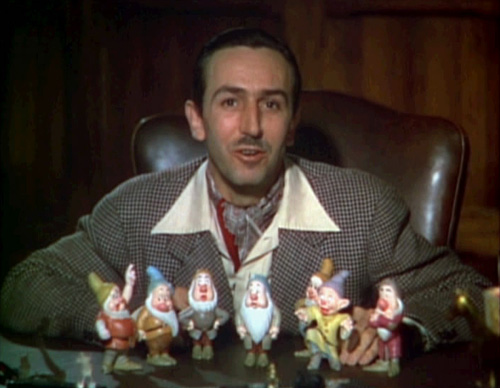




 How to7 years ago
How to7 years ago


 More4 years ago
More4 years ago


 More6 years ago
More6 years ago


 Interview4 years ago
Interview4 years ago


 Other Internet Tech6 years ago
Other Internet Tech6 years ago


 More6 years ago
More6 years ago


 Business Ideas6 years ago
Business Ideas6 years ago
